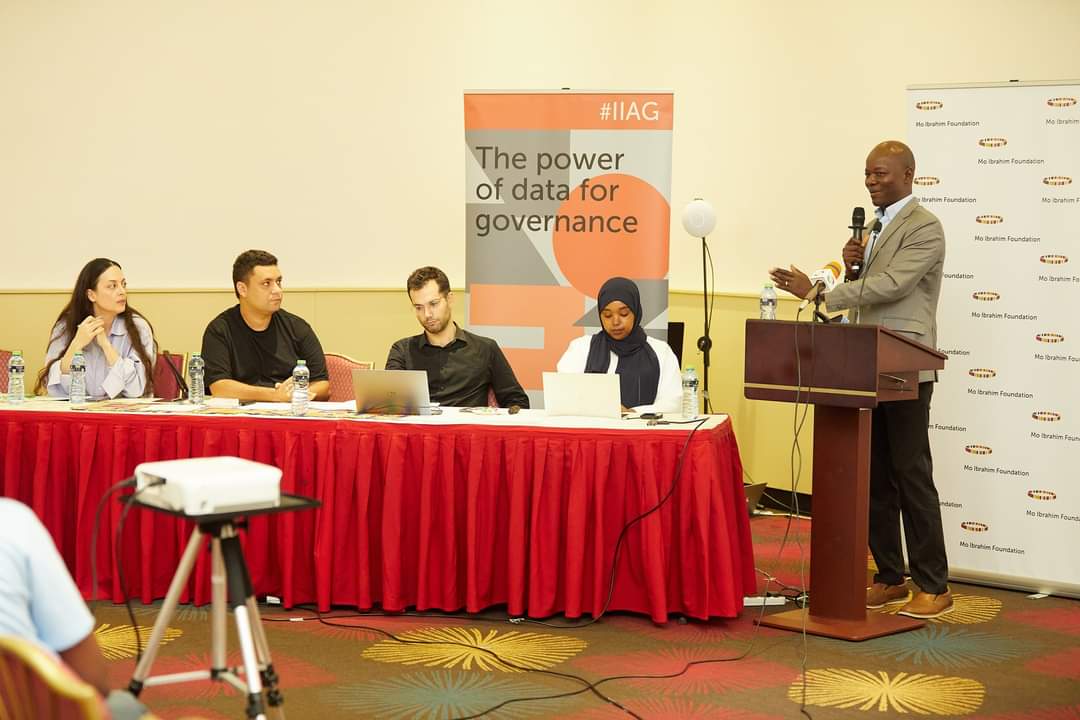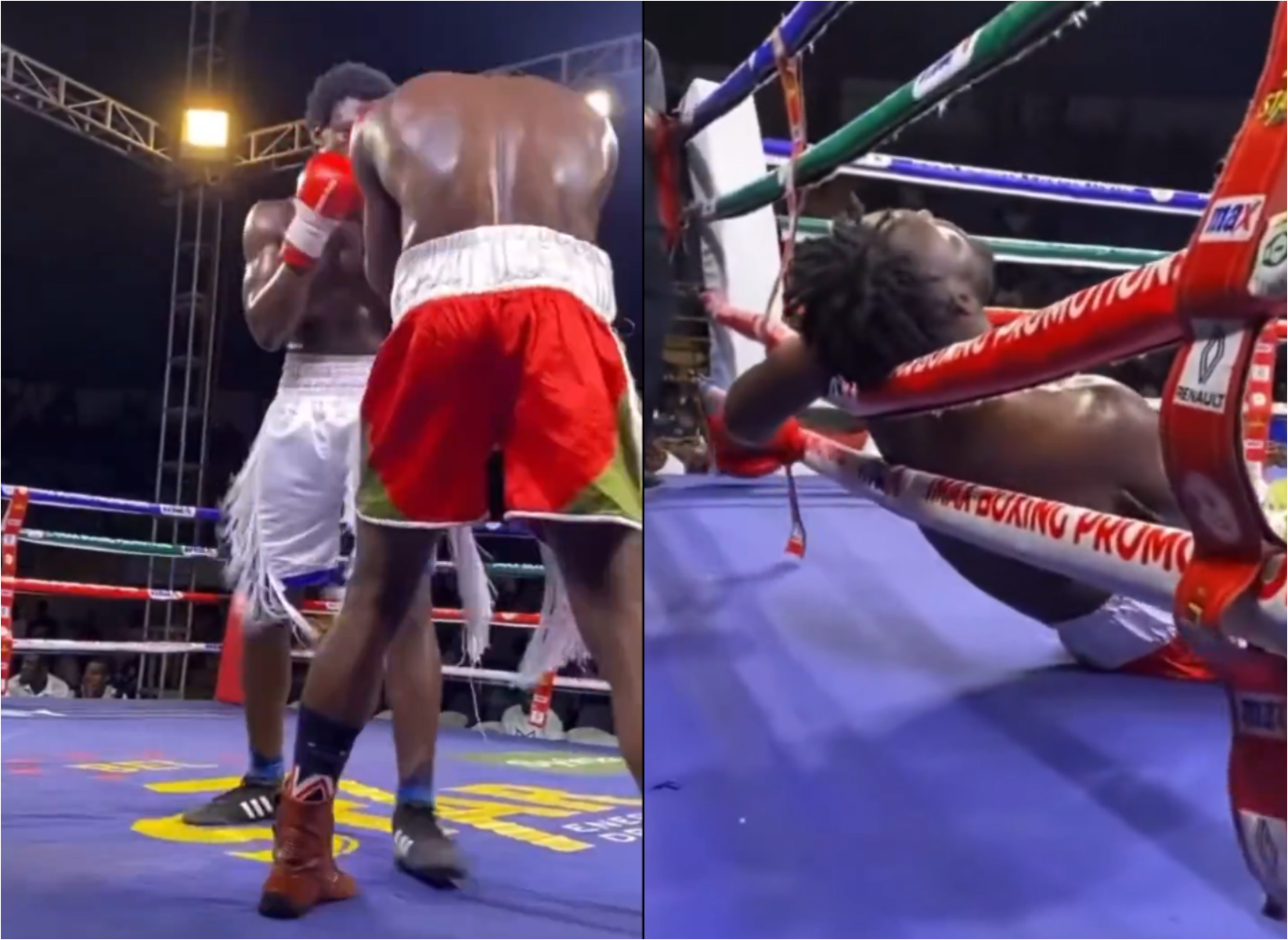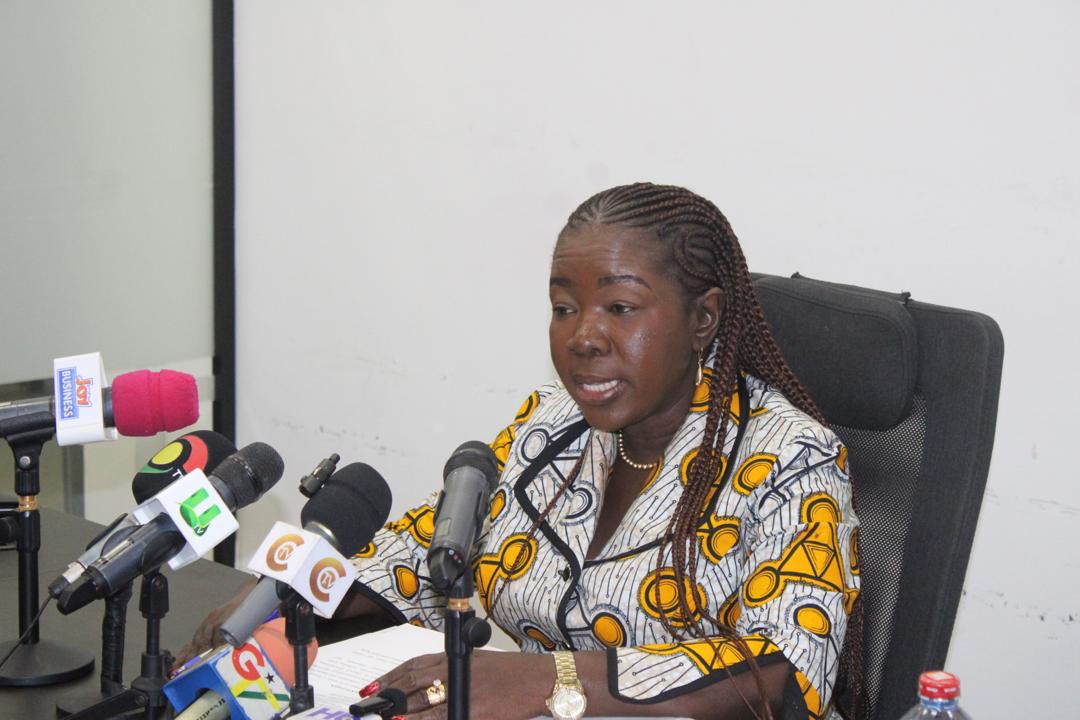
In order to bridge the continent’s significant financing gap, President John Dramani Mahama stressed the importance of curbing illicit financial flows (IFFs) as well as strengthening tax systems when he addressed the African Union Commission Headquarters recently.
“Domestic resource mobilisation is crucial to achieving the ambitious goals of Agenda 2063 and the Sustainable Development Goals (SDGs).”
Africa’s financing gap is estimated at approximately US$402billion annually until 2030. This gap represents critical investments in infrastructure, education, technology and healthcare, which are necessary for the continent’s transformation.
“This financing gap is not merely a statistic – it represents the unrealised potential of millions of Africans whose dreams for a better life depend on our ability to invest wisely,” President Mahama stated.
Africa’s real gross domestic product (GDP) growth slowed to 3.1percent in 2023 from 4.1 percent in 2022. However, projections indicate a rebound with growth expectedly rising to 3.7 percent in 2024 and 4.3 percent in 2025.
The president cautioned that domestic efforts alone will not suffice and called for global financial architecture reforms to ensure equitable resource distribution. Establishing the Alliance of African Multilateral Financial Institutions (AAMFI), also known as the Africa Club, was highlighted as a critical initiative to strengthen Africa’s financial sovereignty.
“This initiative enhances the capacity of these institutions to advocate for homegrown solutions to our continent’s challenges,” he noted.
Consequent to the above, he also stressed an urgent need for accelerated implementation of African Union Financial Institutions – including the African Central Bank, African Investment Bank, African Monetary Fund and Pan-African Stock Exchange.
“By mobilising resources, facilitating trade and financing infrastructure projects, these institutions will help reduce dependency on external aid and foster a self-sustaining African economic ecosystem,” he stated.
He urged governments, private sector players, civil society organisations and development partners to renew their commitment to mobilising resources for Africa’s development. All in all, in view of geo-political considerations, our traditional donors have had to divert attention to issues like the Russia/Ukraine conflict and unrest in the Middle East, thereby depriving us of critical assistance.
Looking inward and tapping into the latent potential that remains largely untapped on the continent is crucial and could be of major significance in advancing Africa’s economic transformation. Therefore, the president’s thoughts shared with peers in Addis Ababa should enhance increased cooperation and trade among us while ensuring the continent’s vast resources are used to advance the well-being of its people.
The post Editorial: Bridging Africa’s financing gap appeared first on The Business & Financial Times.
Read Full Story


















Facebook
Twitter
Pinterest
Instagram
Google+
YouTube
LinkedIn
RSS